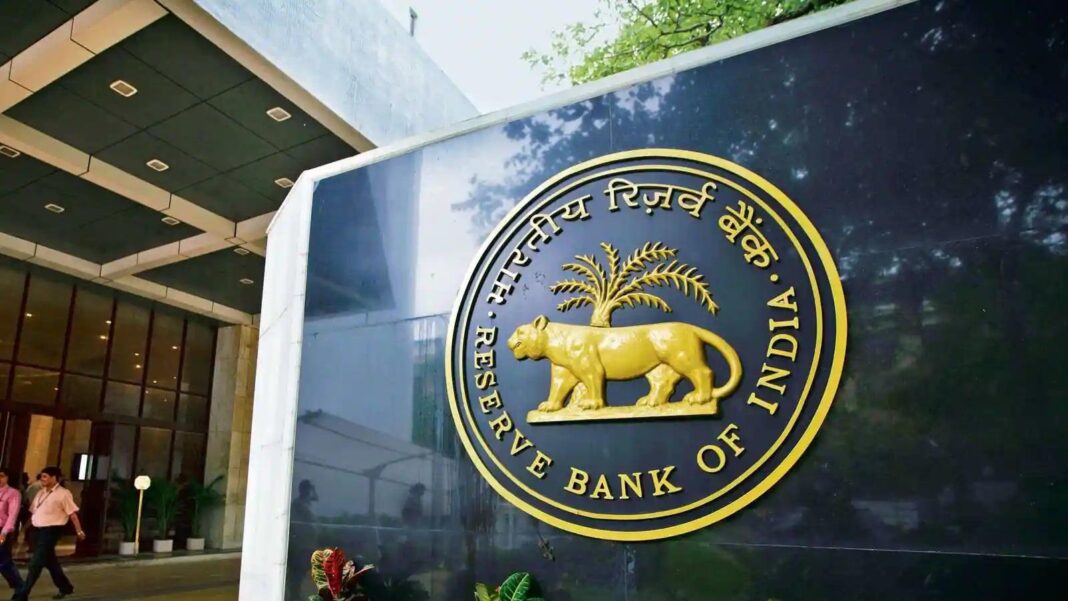[ad_1]
Banks have requested the RBI for one more year’s time to implement the system of Expected Credit Loss (ECL) for provisioning of loans.
At present, banks set aside money after an asset turns bad, and once the new system is put in place, it is widely expected to have an one-time impact on banks’ profits.
“We have requested the regulator to allow us little more time to prepare ourselves for this,” industry lobby grouping IBA’s chief executive Sunil Mehta told reporters on the sidelines of a Fintech event here on Tuesday.
Answering a specific question on the time sought, Mehta said, “we have requested them (RBI) for one more year”
He also added that in the “worst case scenario”, the banking system is gearing up for the switch to the new system.
“… the banking sector is already geared up, few of the banks have already developed their systems (and) have got their data in place on which they can design their ECL-based risk models,” he said.
The Reserve Bank of India (RBI) has already come up with its proposed guidelines on the switch to ECL but a definite timeline is yet to be decided.
Meanwhile, Mehta said that Russian investors have started investing in Indian government securities after getting a nod from the RBI for the same.
He said the investment activity has come about because of the excess rupee liquidity which the Russians are saddled with due to the trade deficit with India, which is among the few countries buying oil from Russia.
“They have surplus of money. They have invested (in local bonds). They are Russian banks, they are all our members, we know. RBI has opened the window that whatever trade surplus they have, you can invest in government bonds,” Mehta said.
The Russian investments are for shorter duration because how long the war and the sanctions on Russia will last is still unclear, Mehta said and added that the bets are for less than one year.
When asked about the banks’ tie-ups with fintechs and the troubles with the latter, he said whenever fintechs have partnered with banking system, they don’t get into a problem.
Banks provide them with resources and big customer base, he added.
According to him, the problems with fintechs emanate because of poor governance and non-compliance with regulatory mandates.
(Only the headline and picture of this report may have been reworked by the Business Standard staff; the rest of the content is auto-generated from a syndicated feed.)
[ad_2]
Source link



